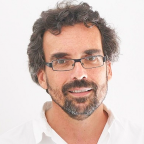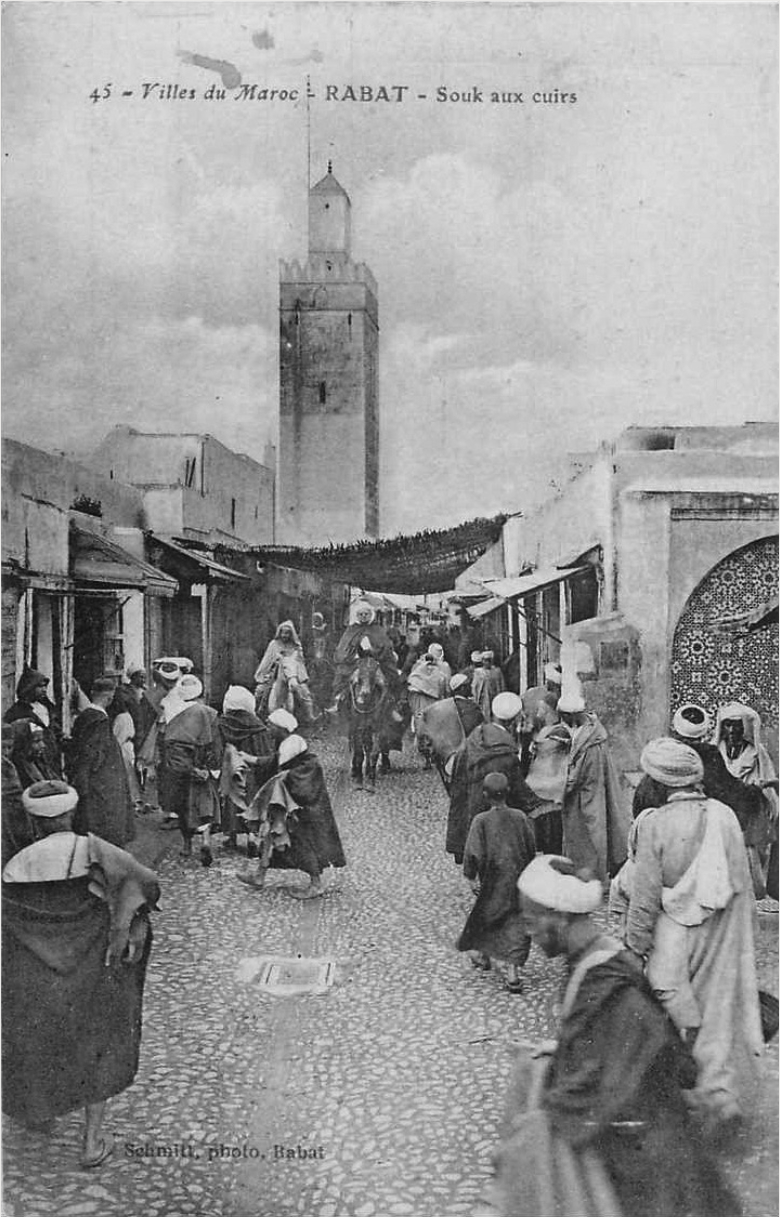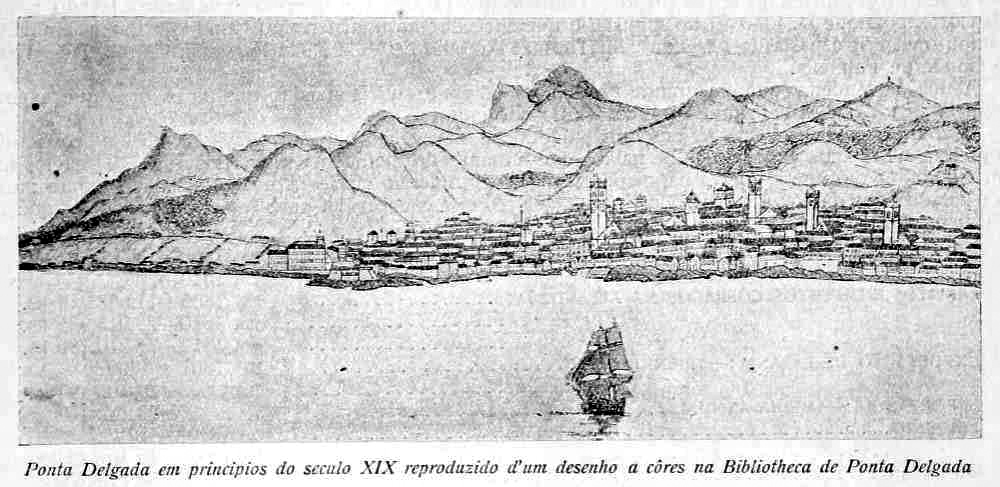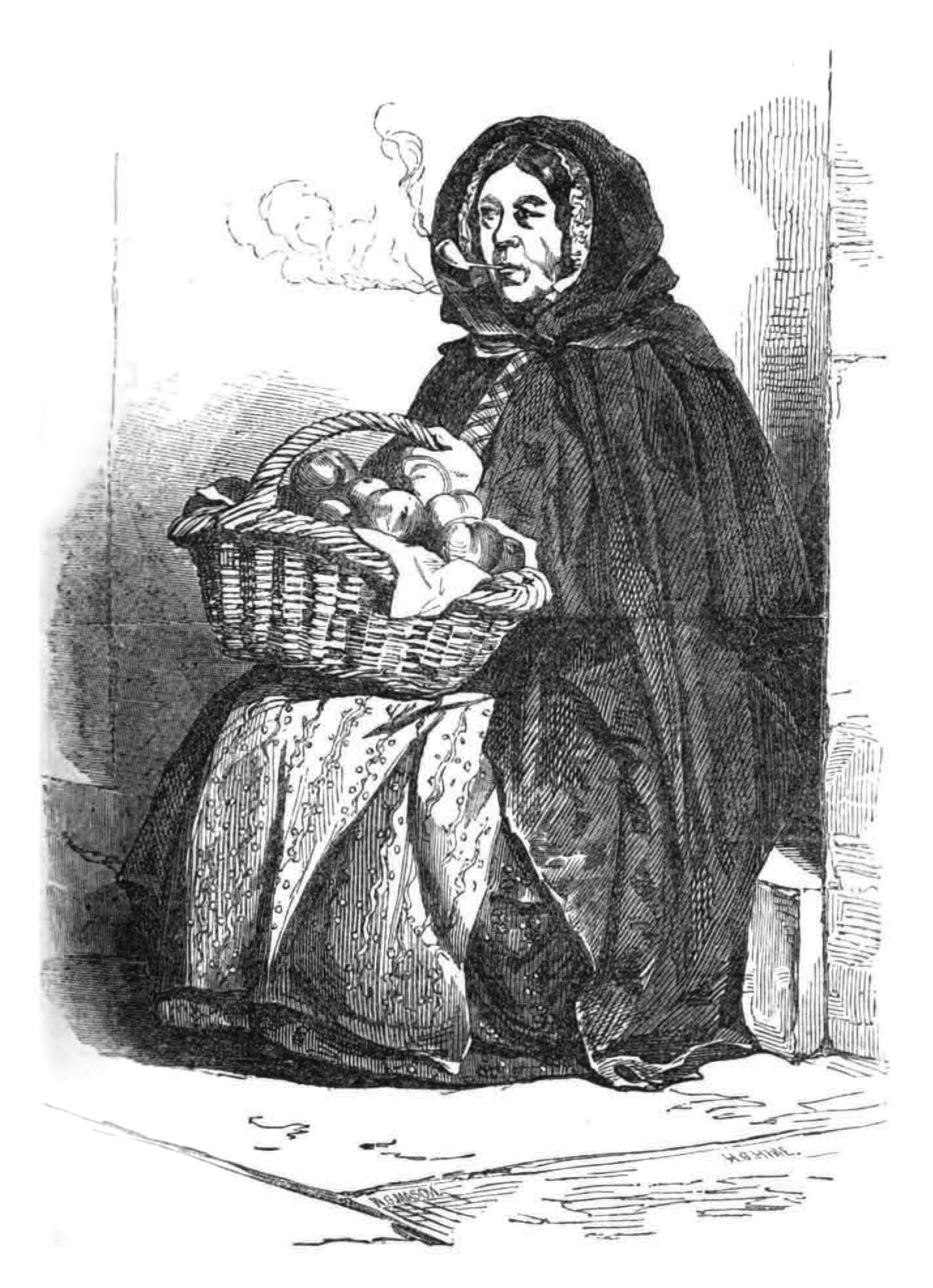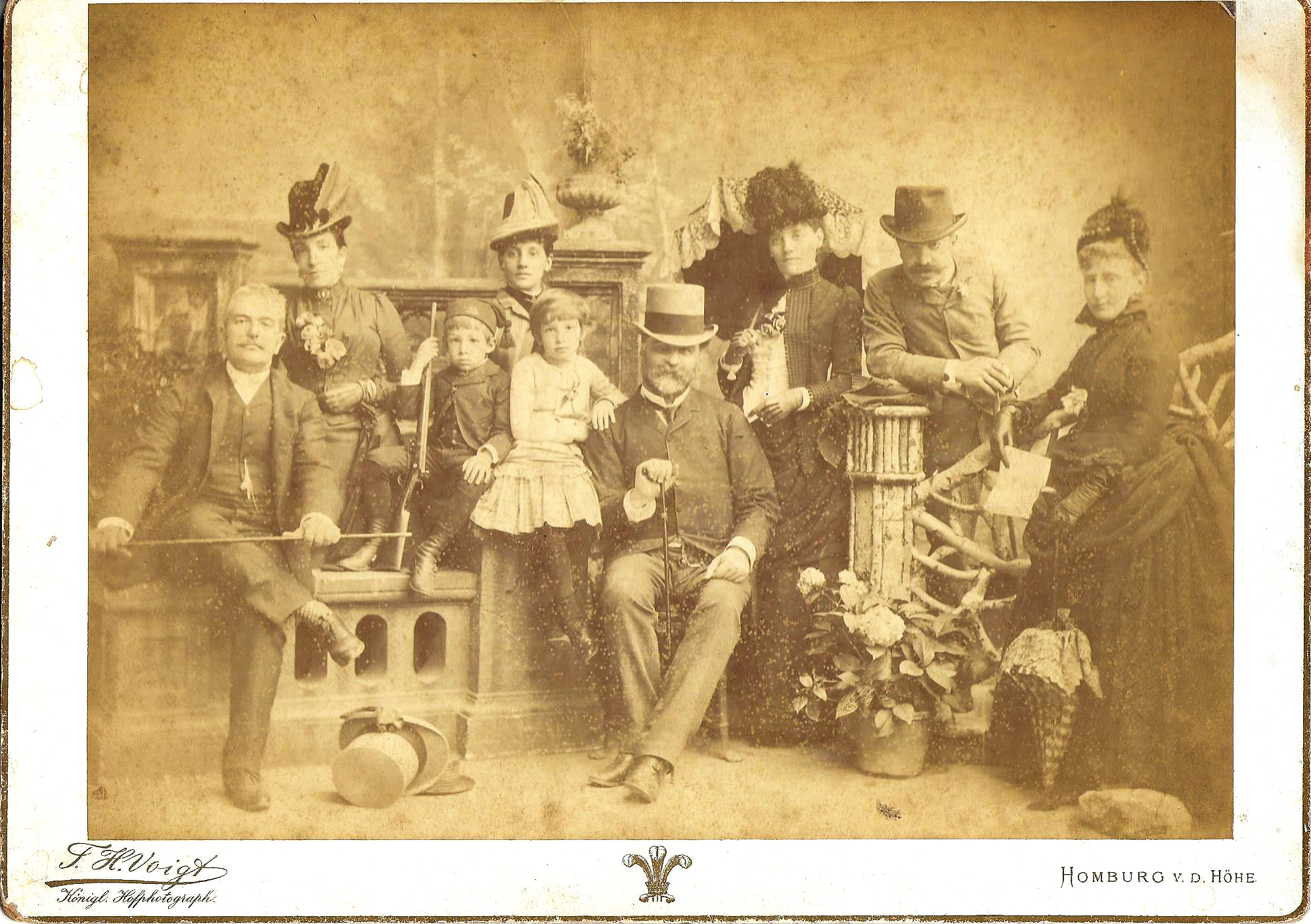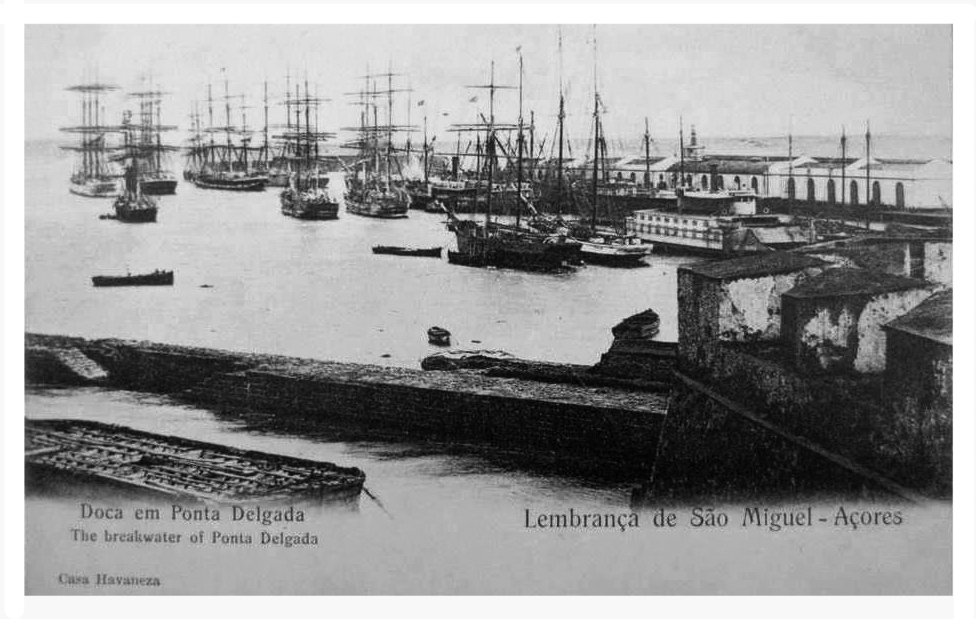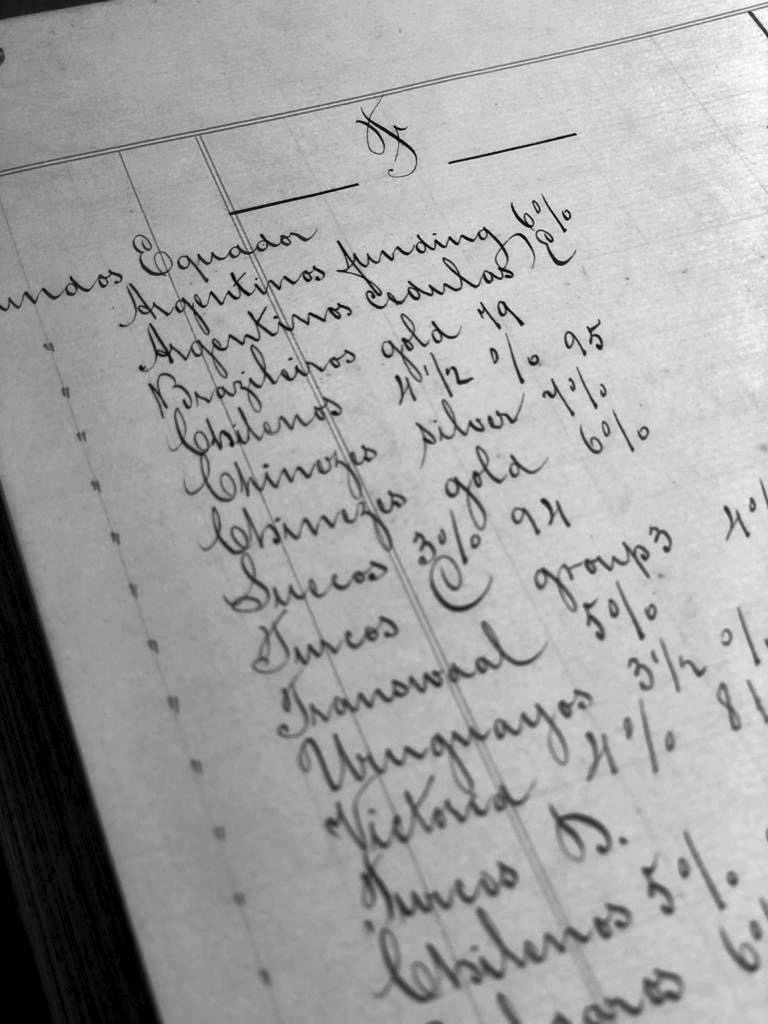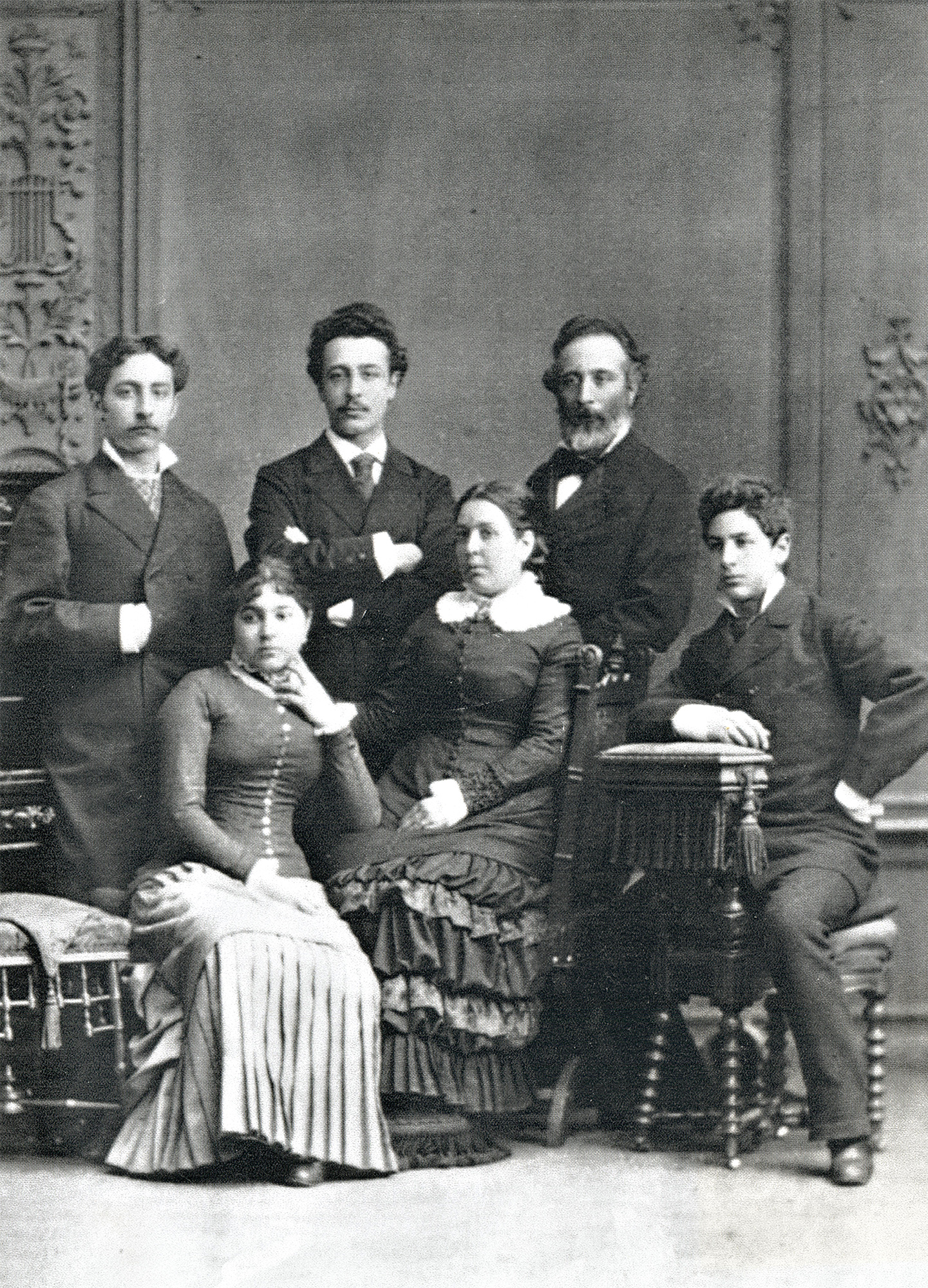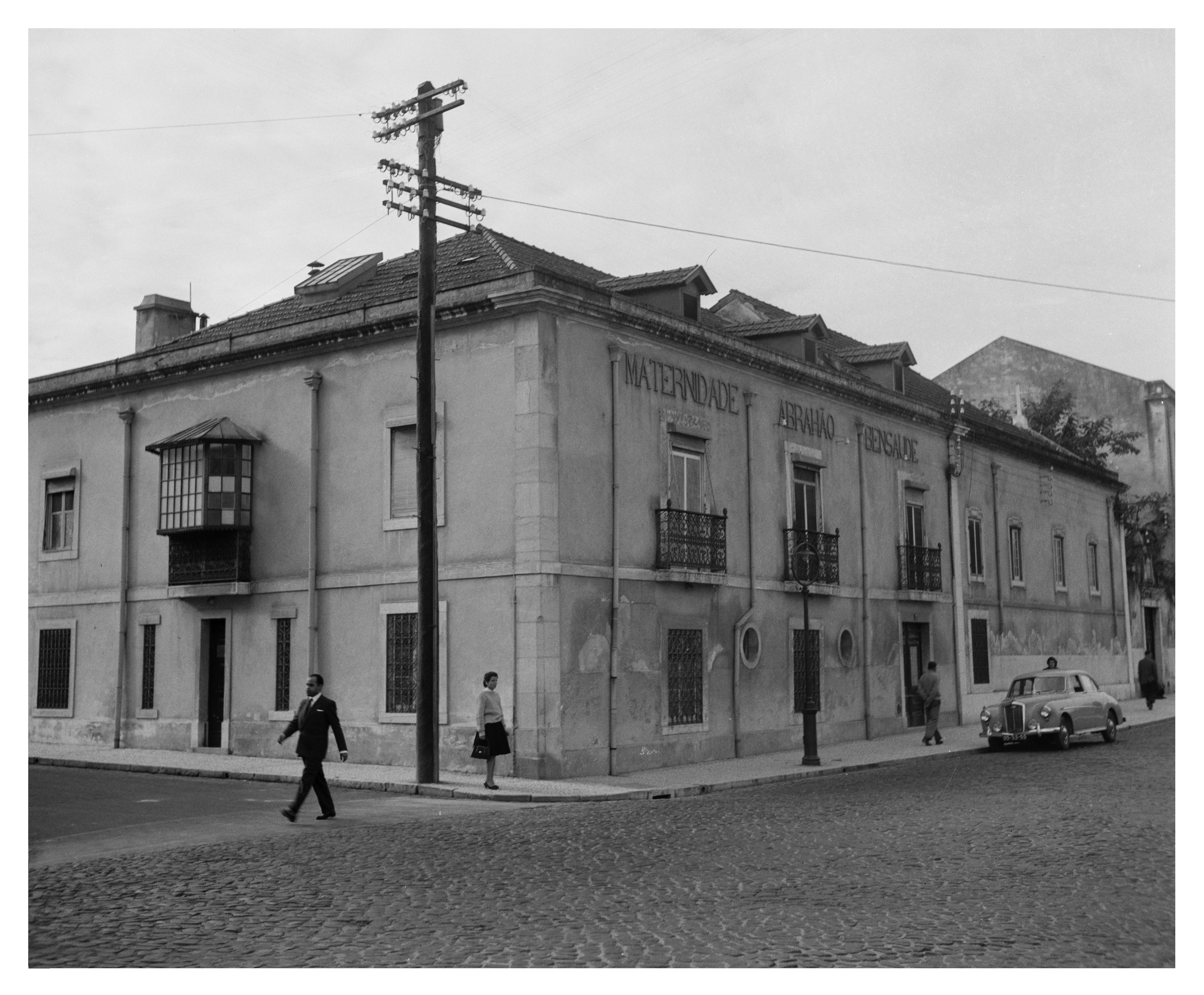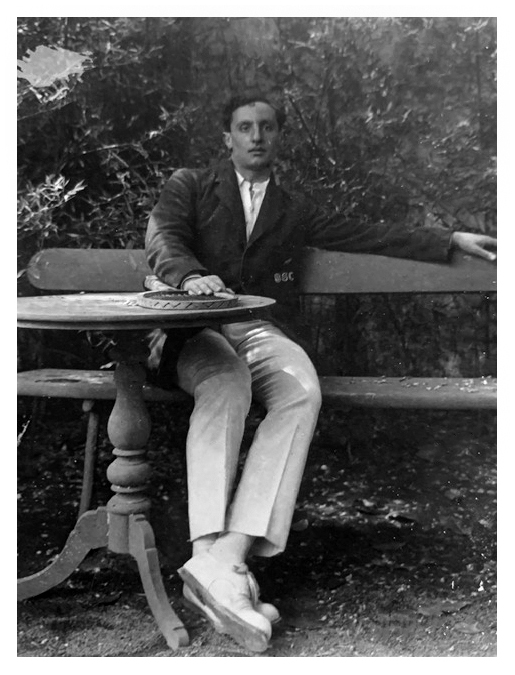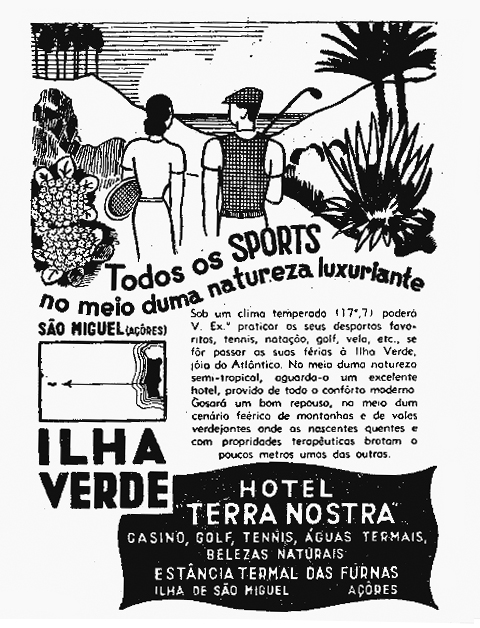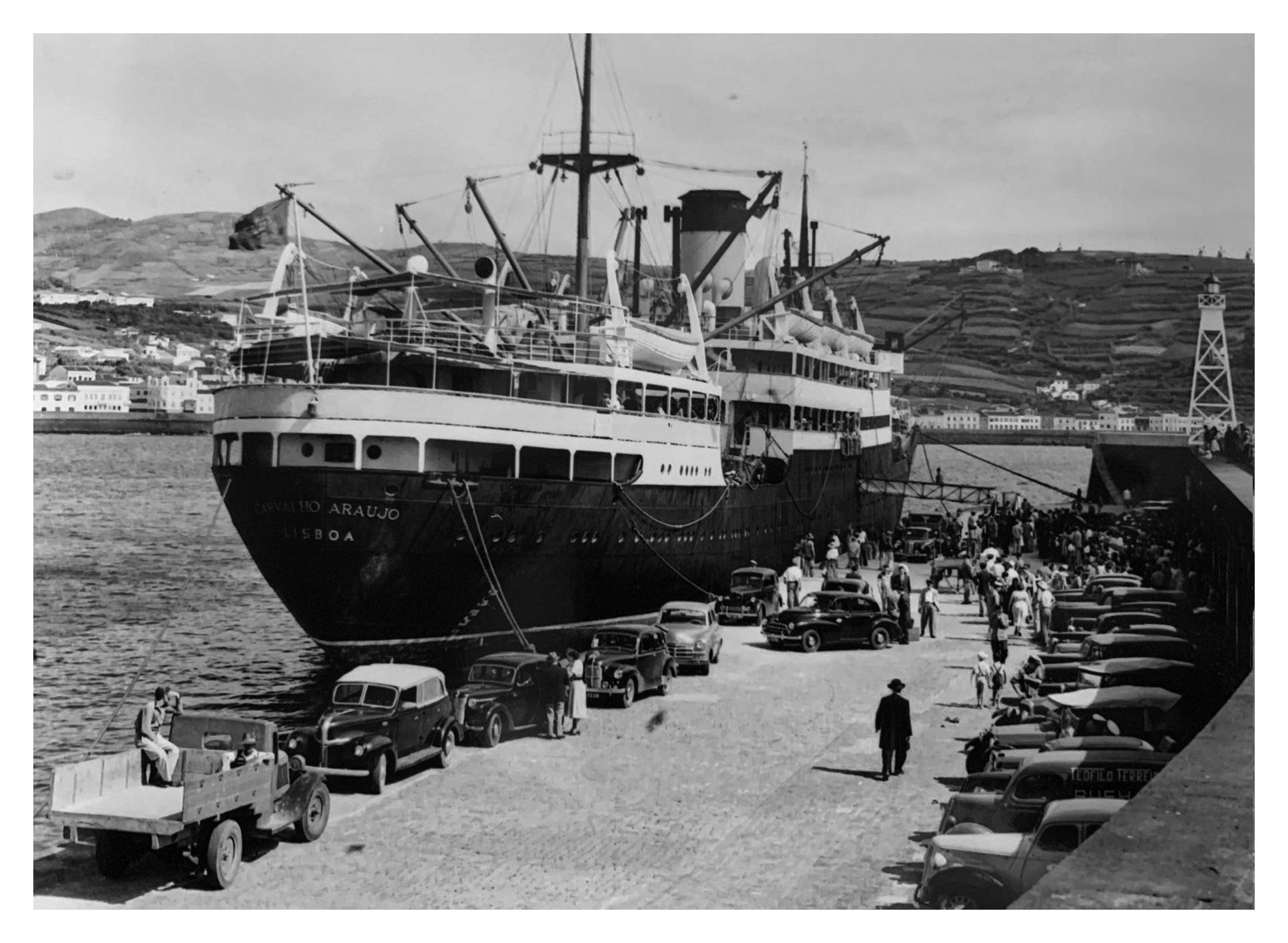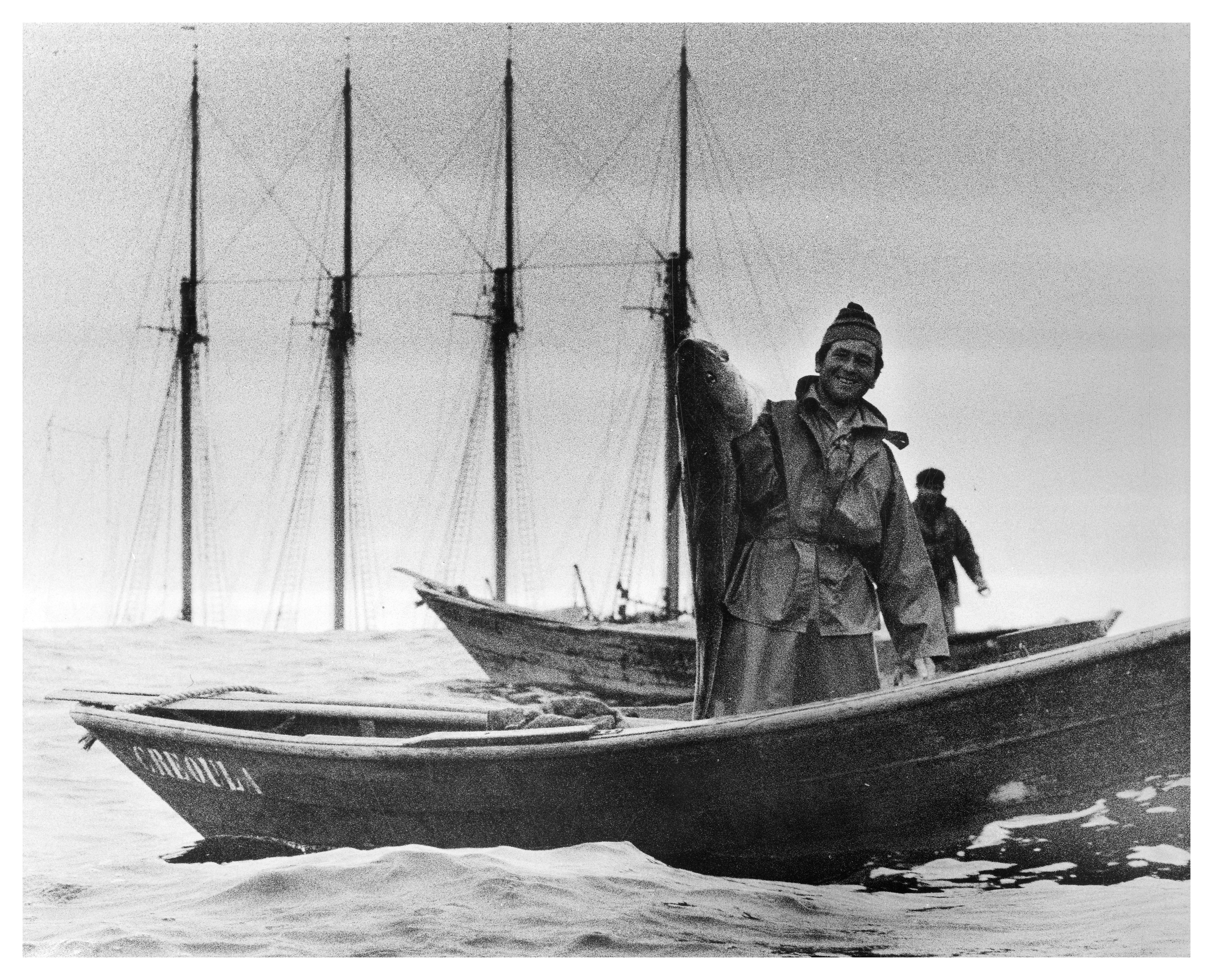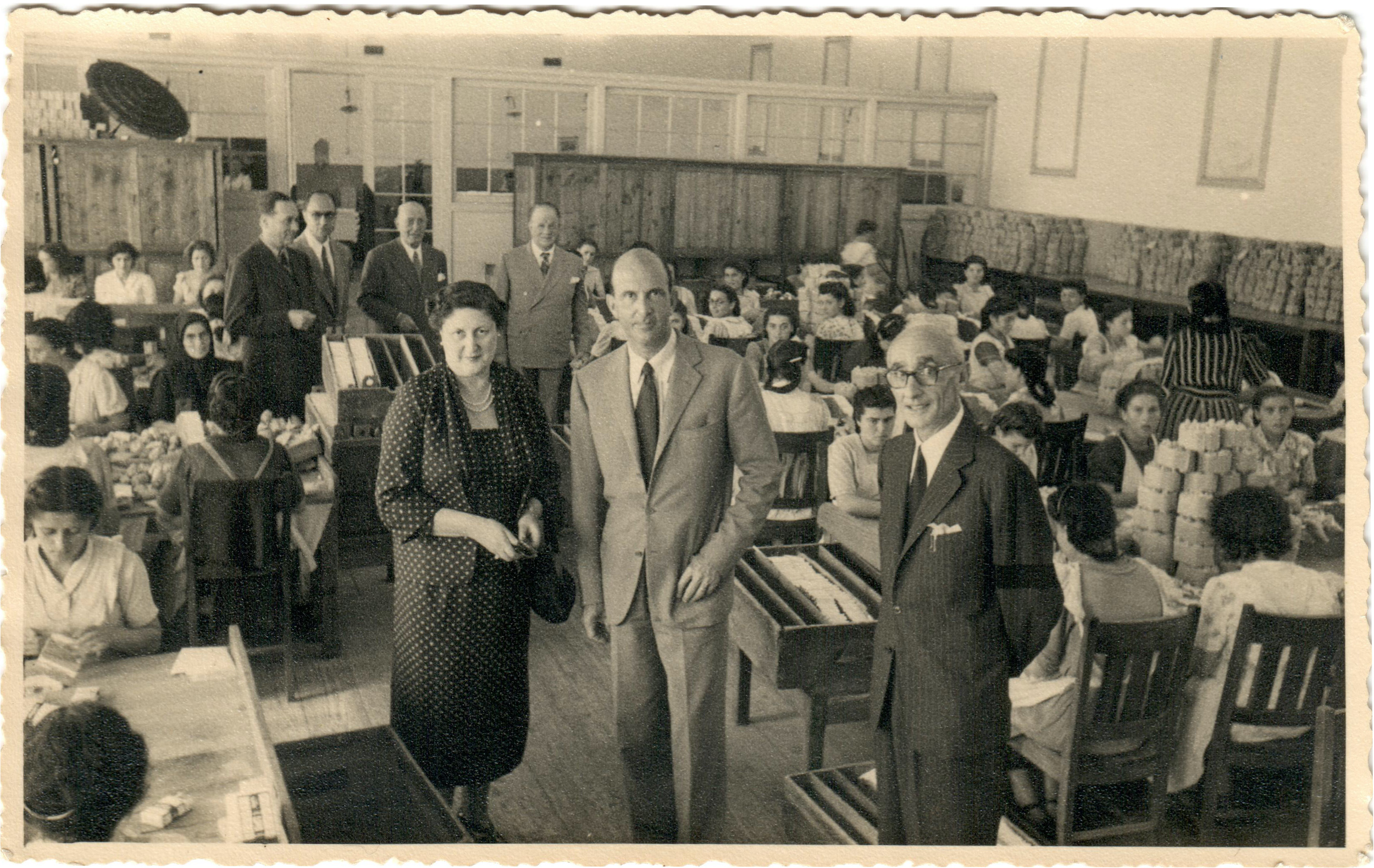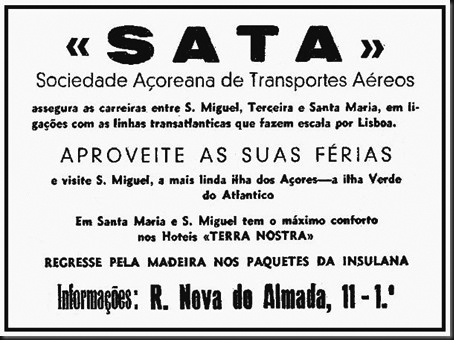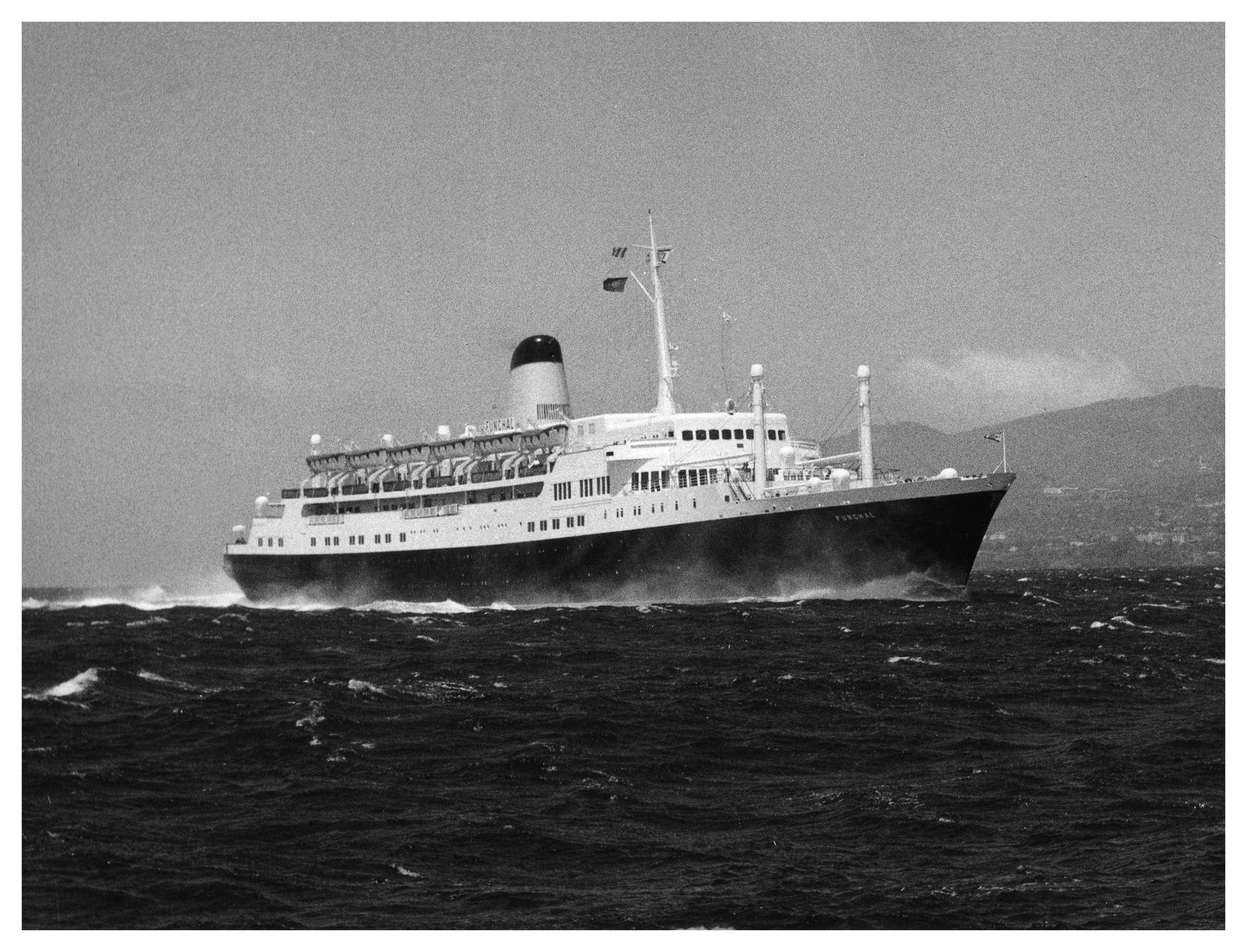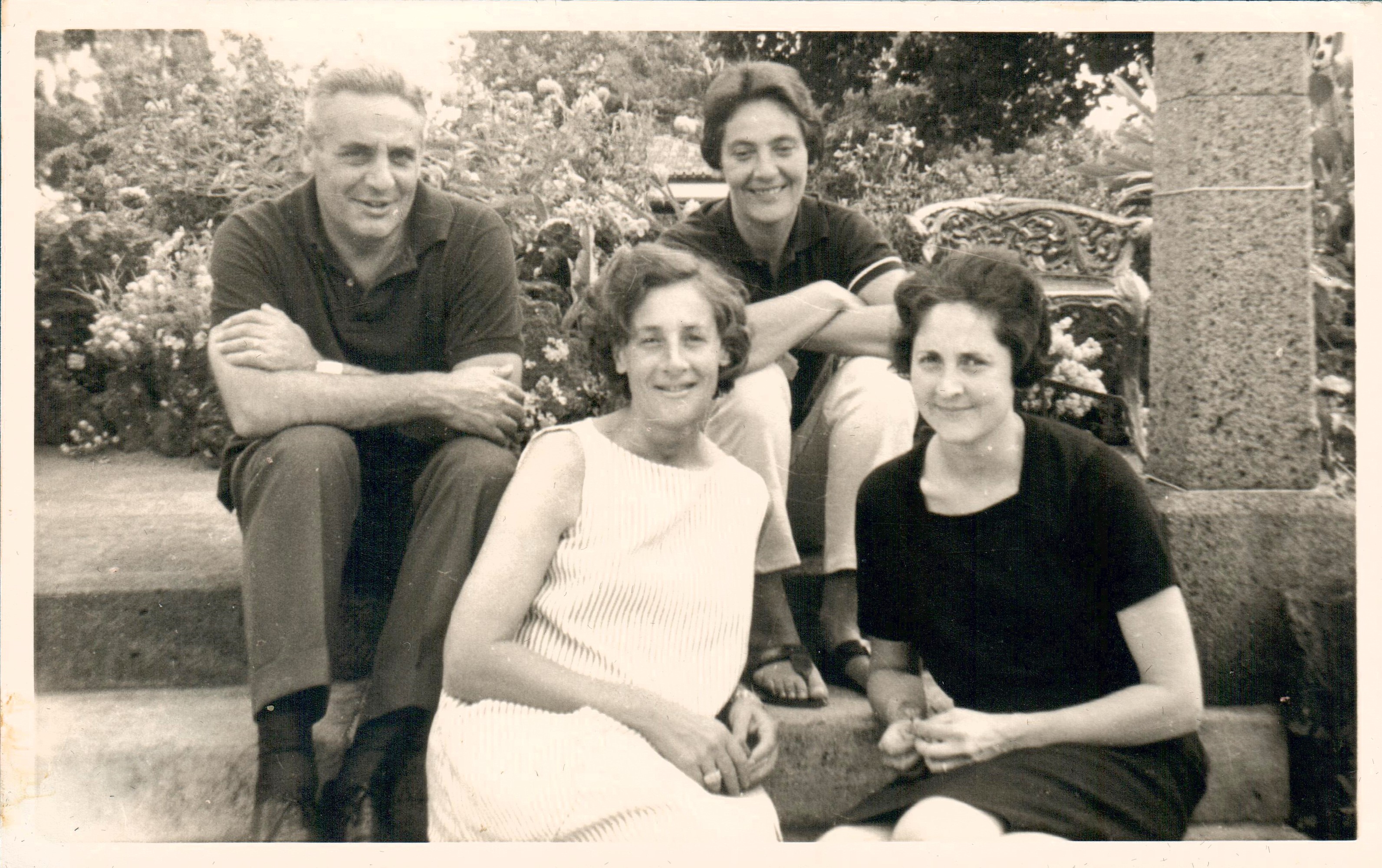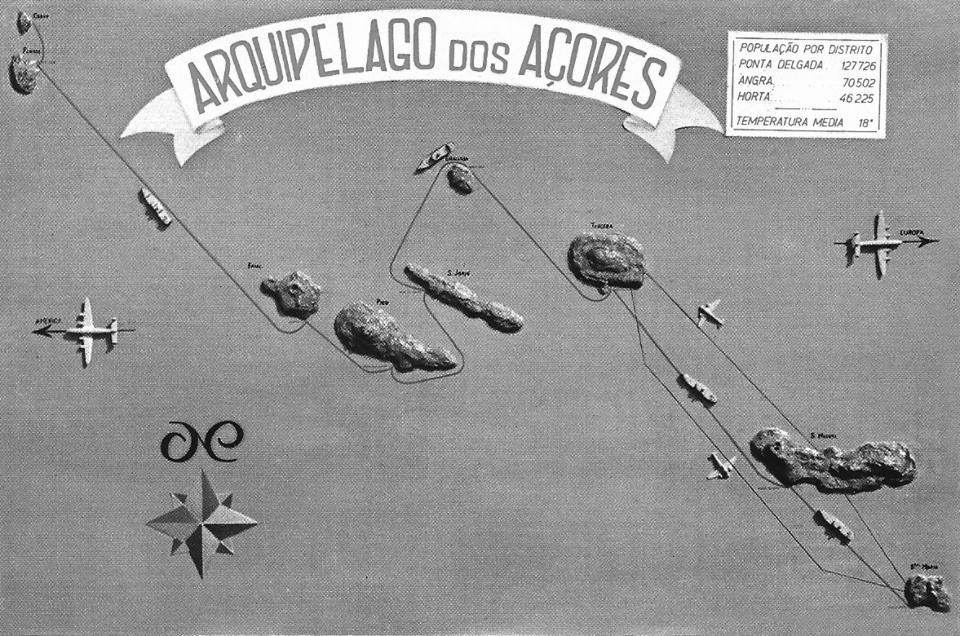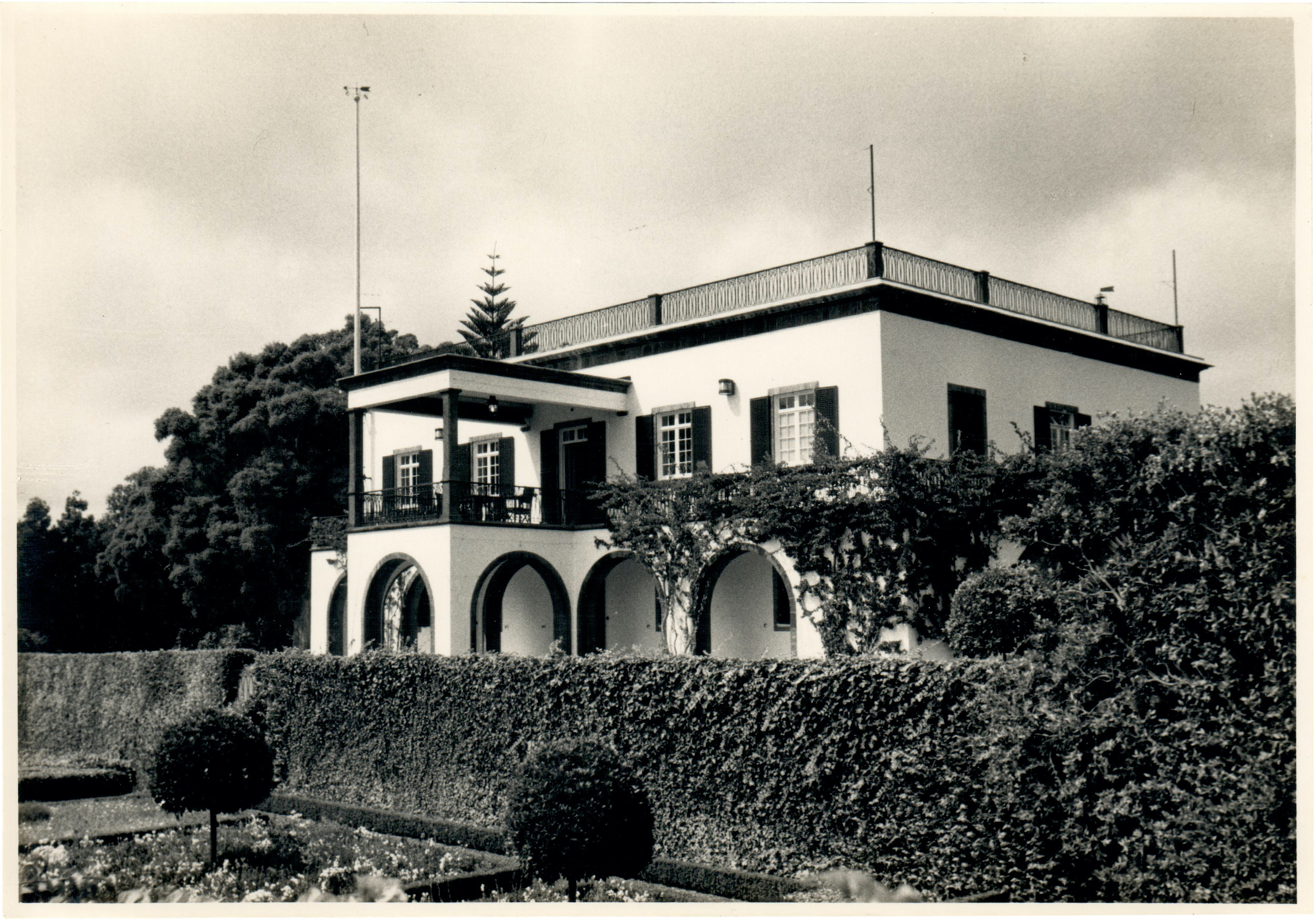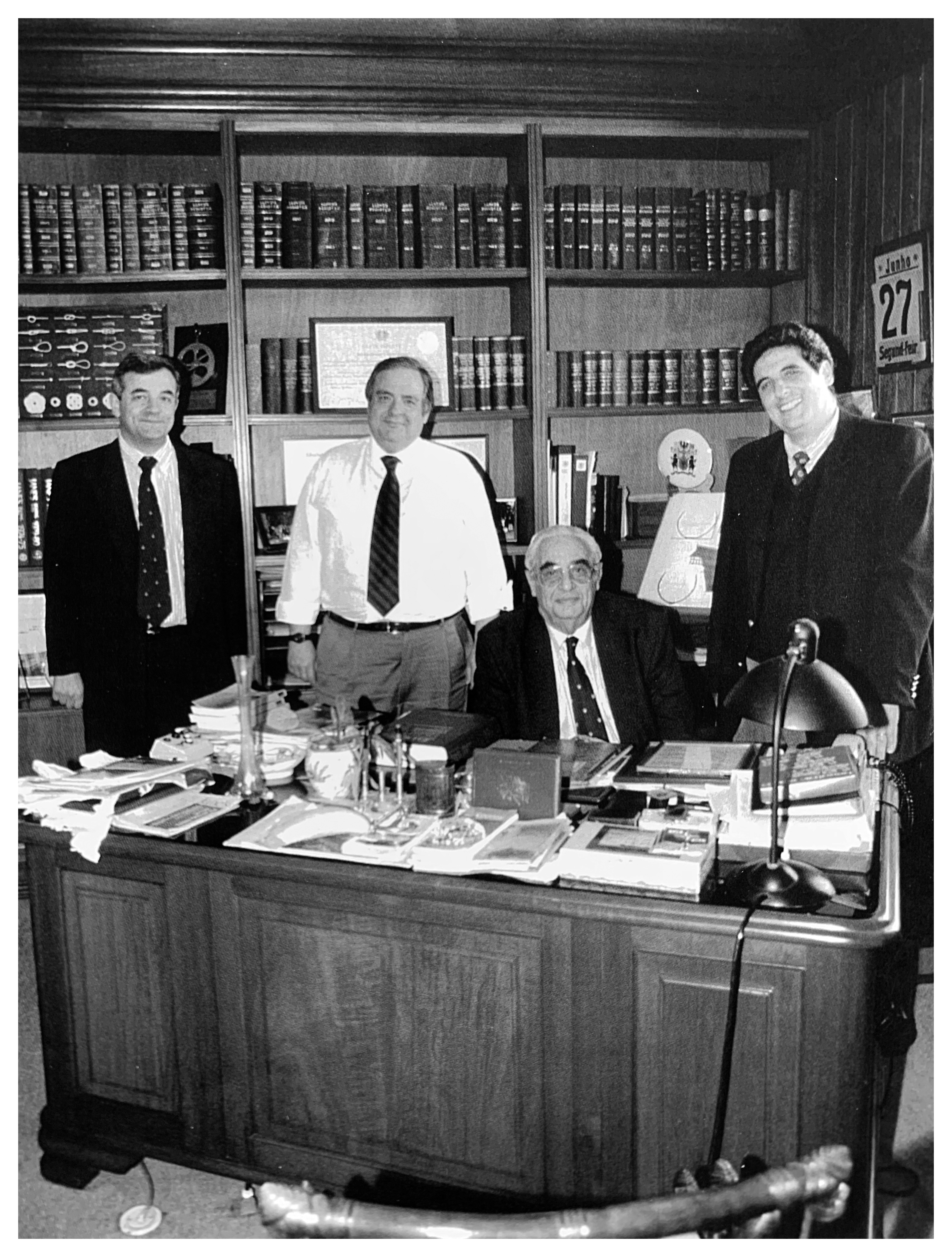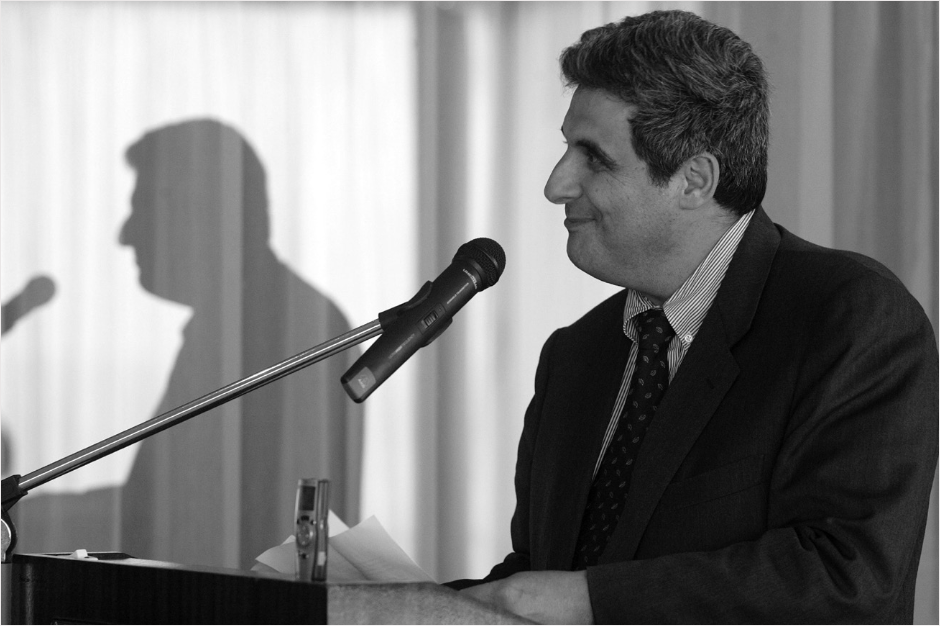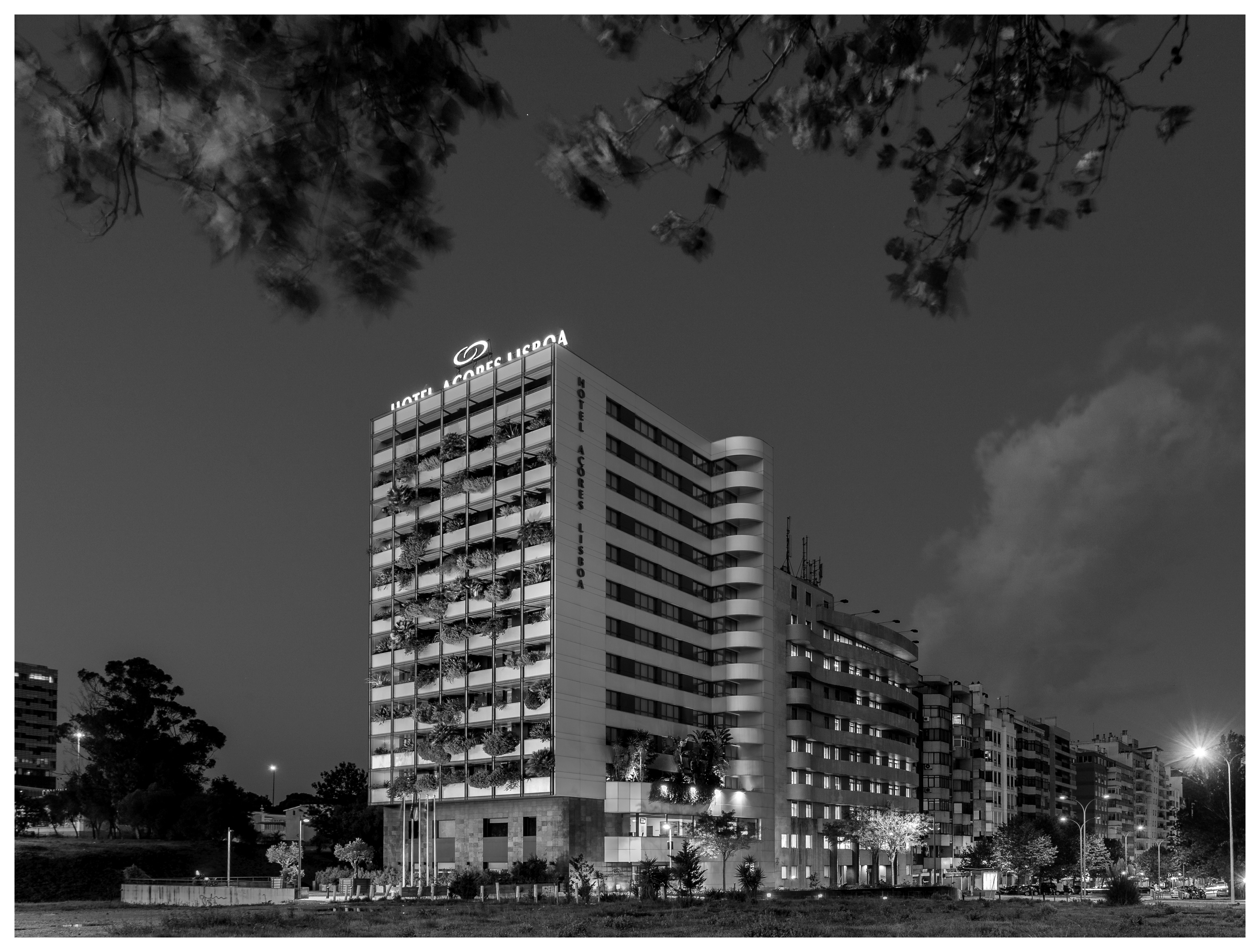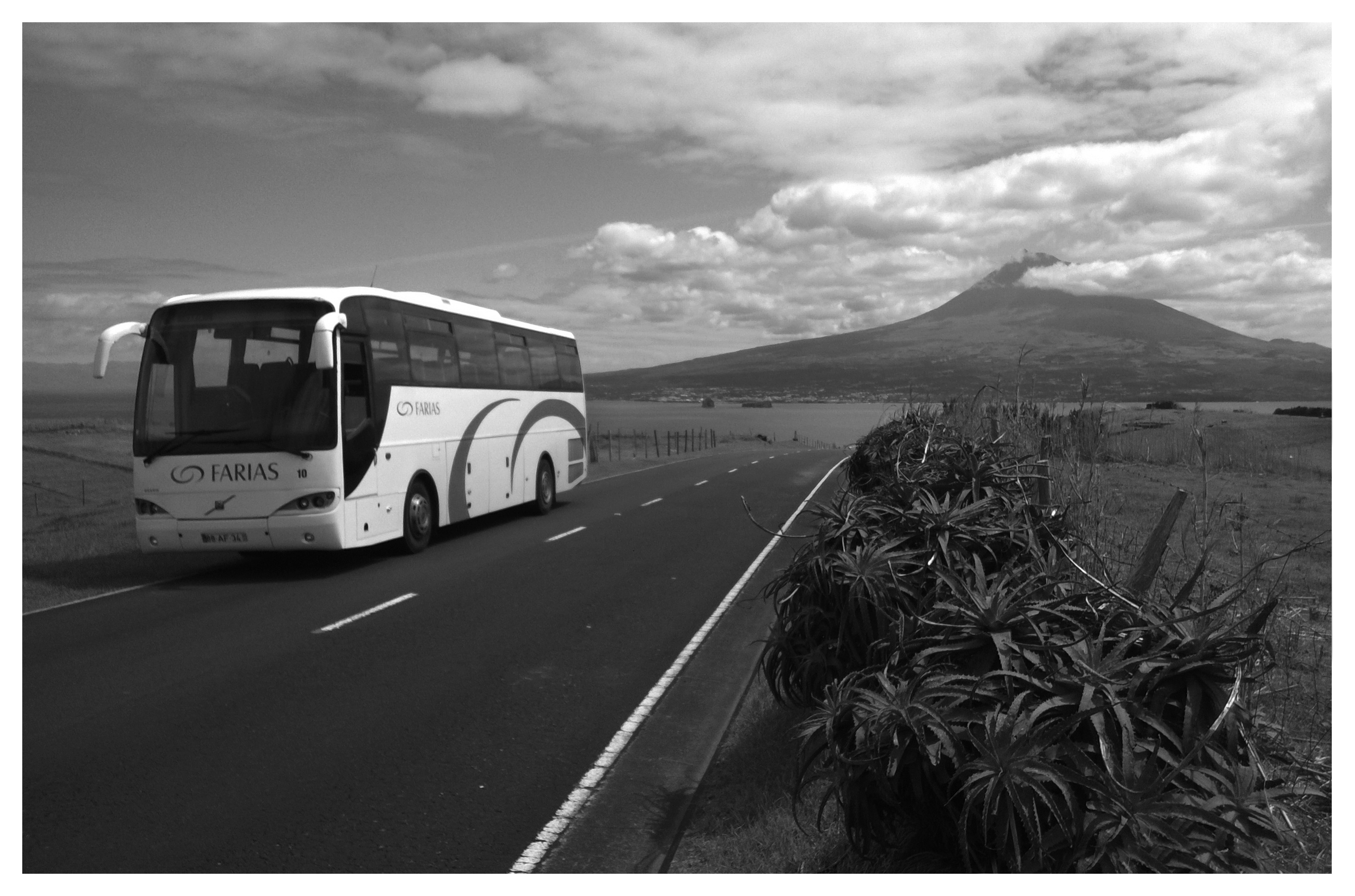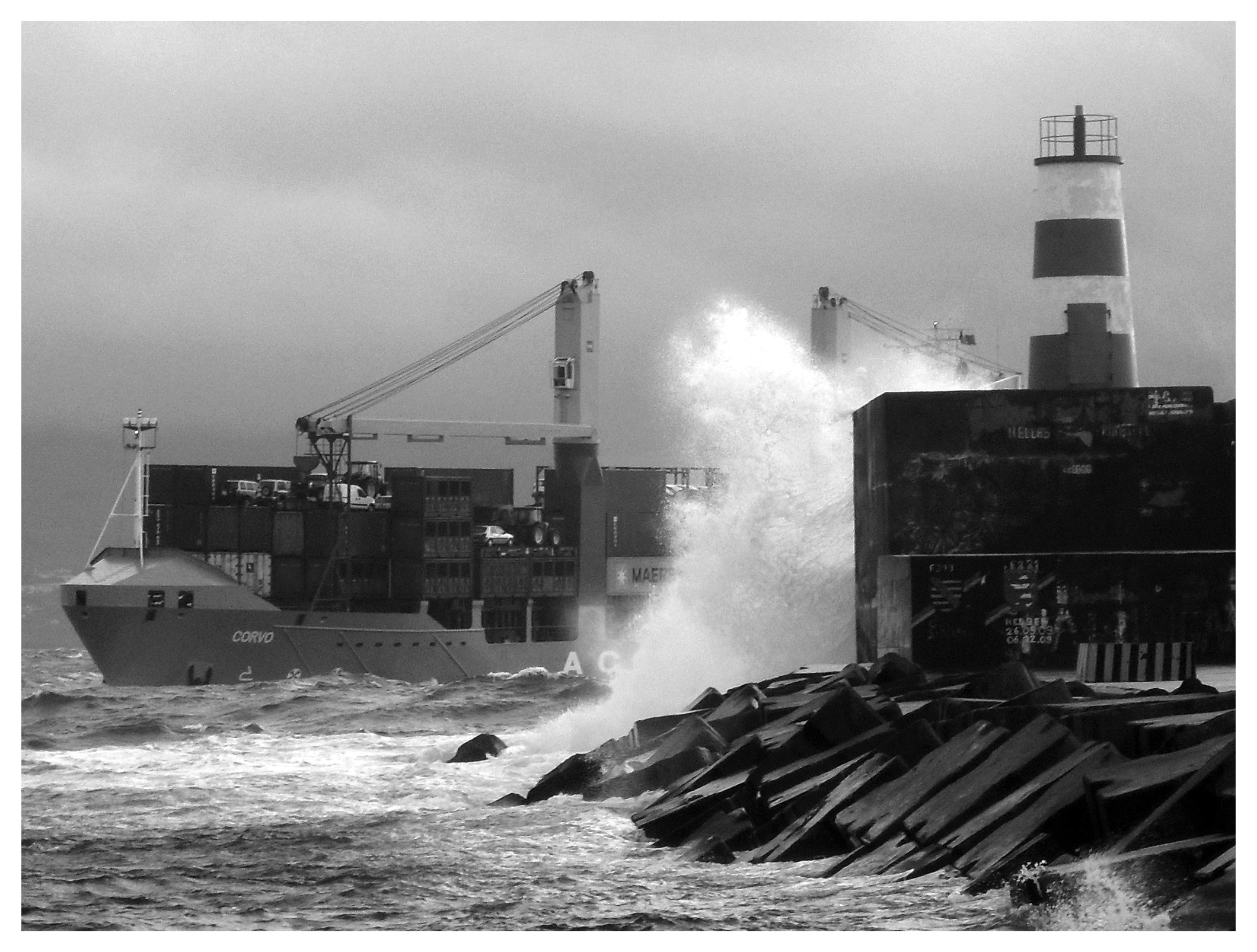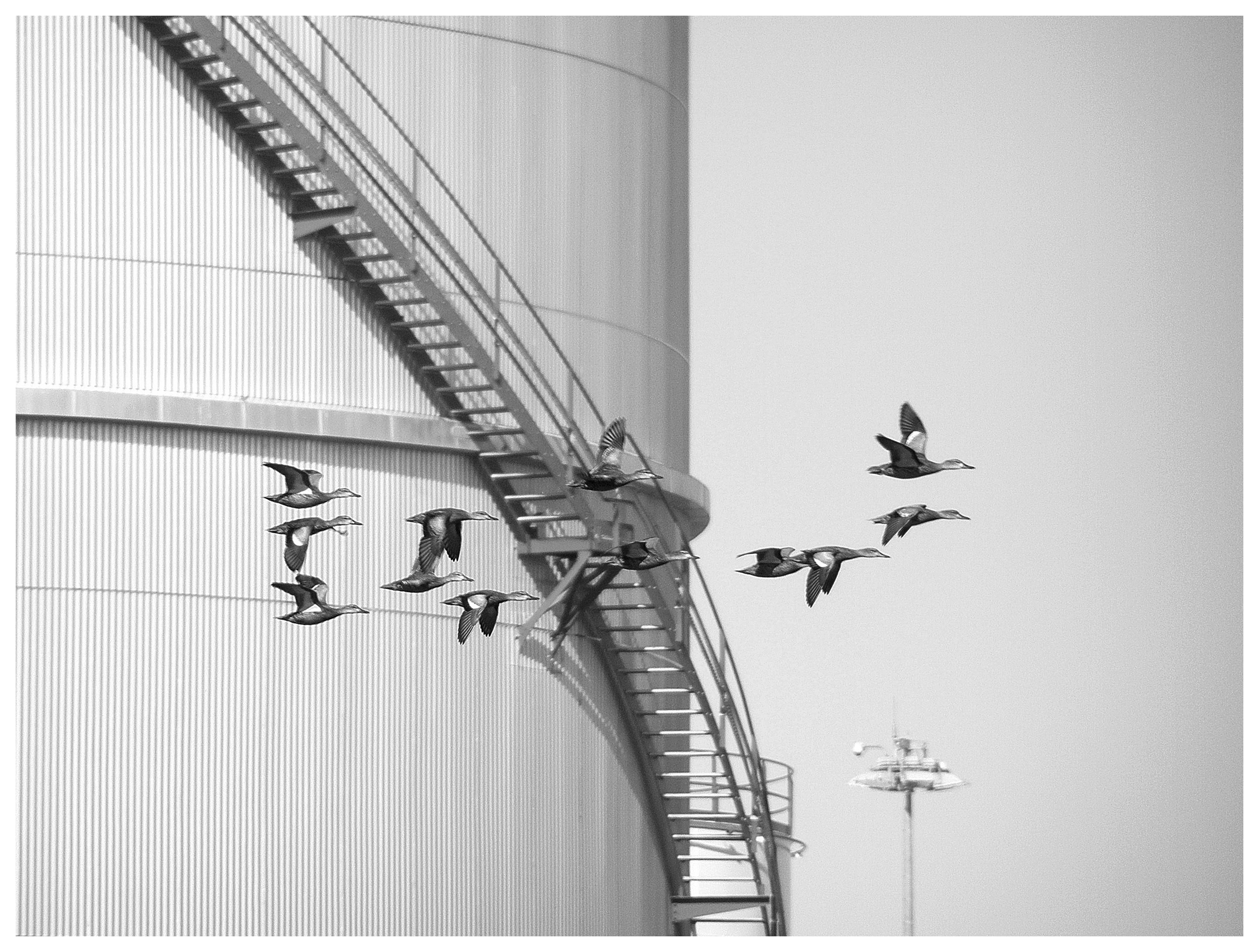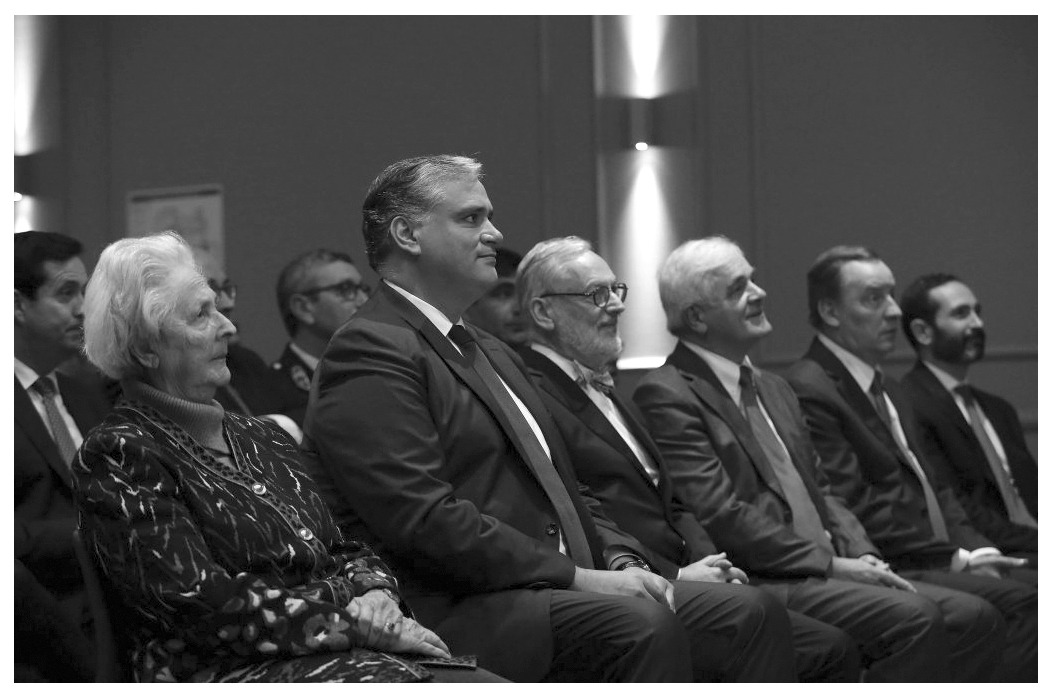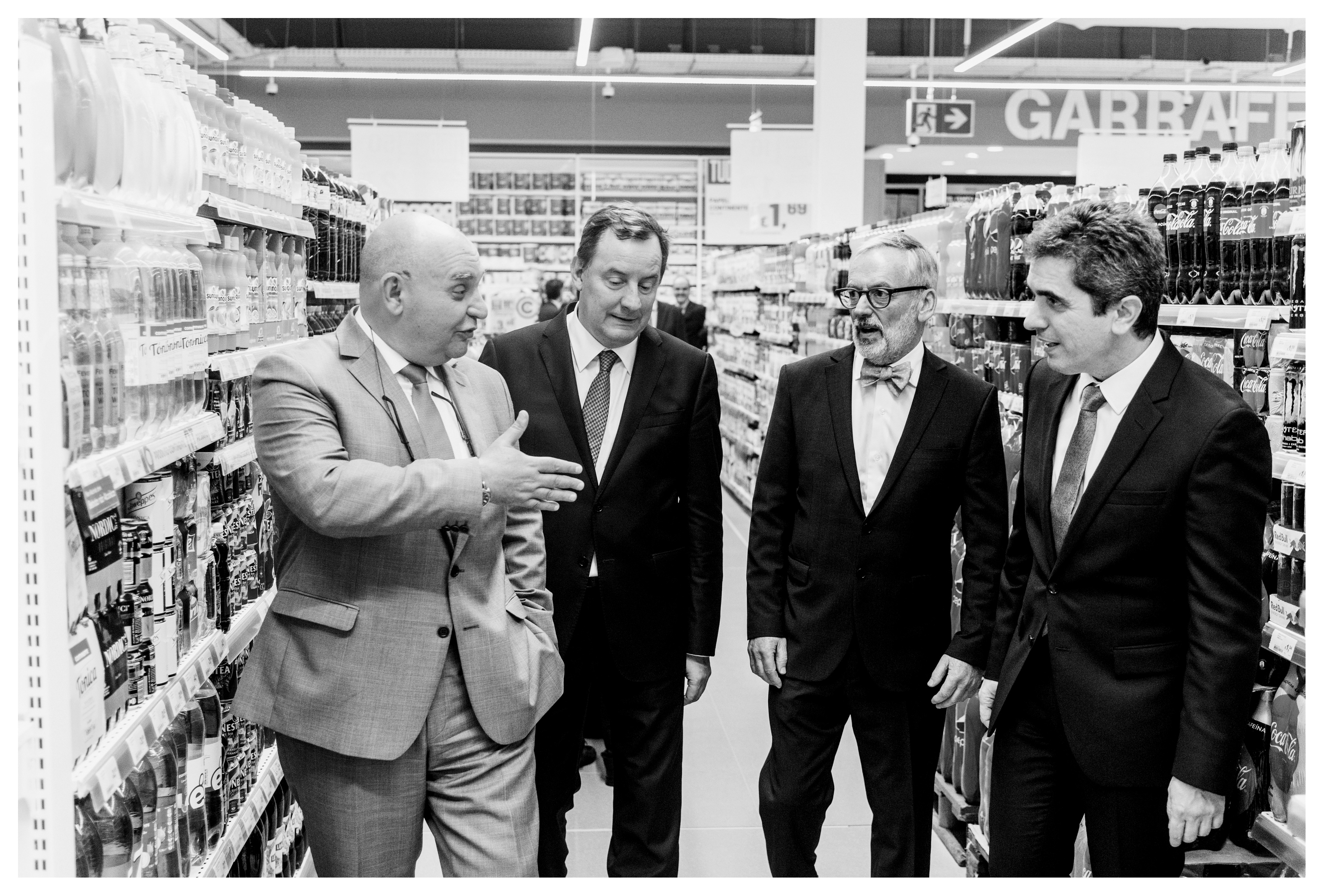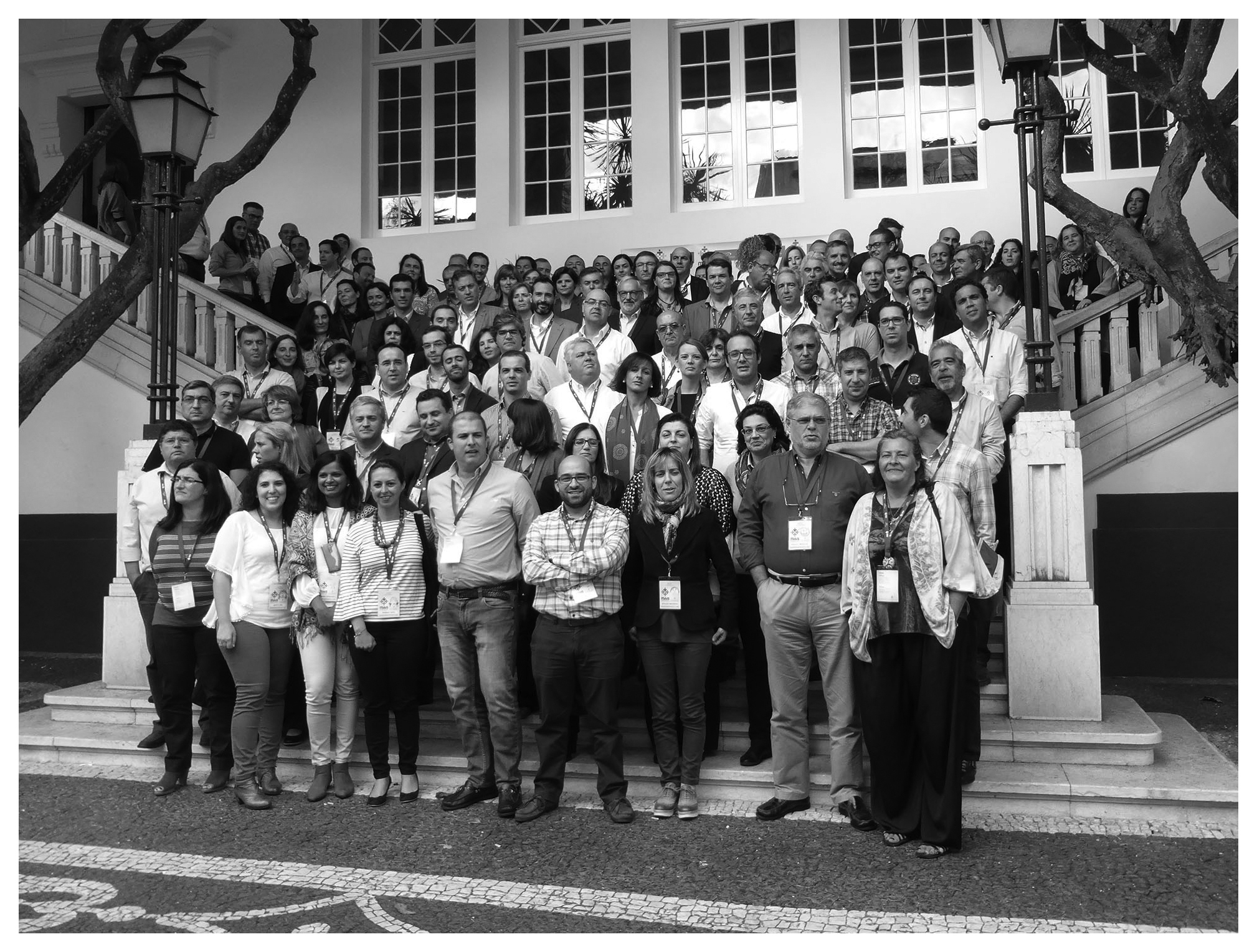Bensaude Group is a unique case in Portuguese economic history.
How is this possible?
With Moroccan origin, British influence and Portuguese Azorean heart, geographies very stressed by their maritime travels, the Bensaude made the Ocean their path, their support, their school of life, their lives.
And, by doing so, they allowed the sea to take them higher and higher.
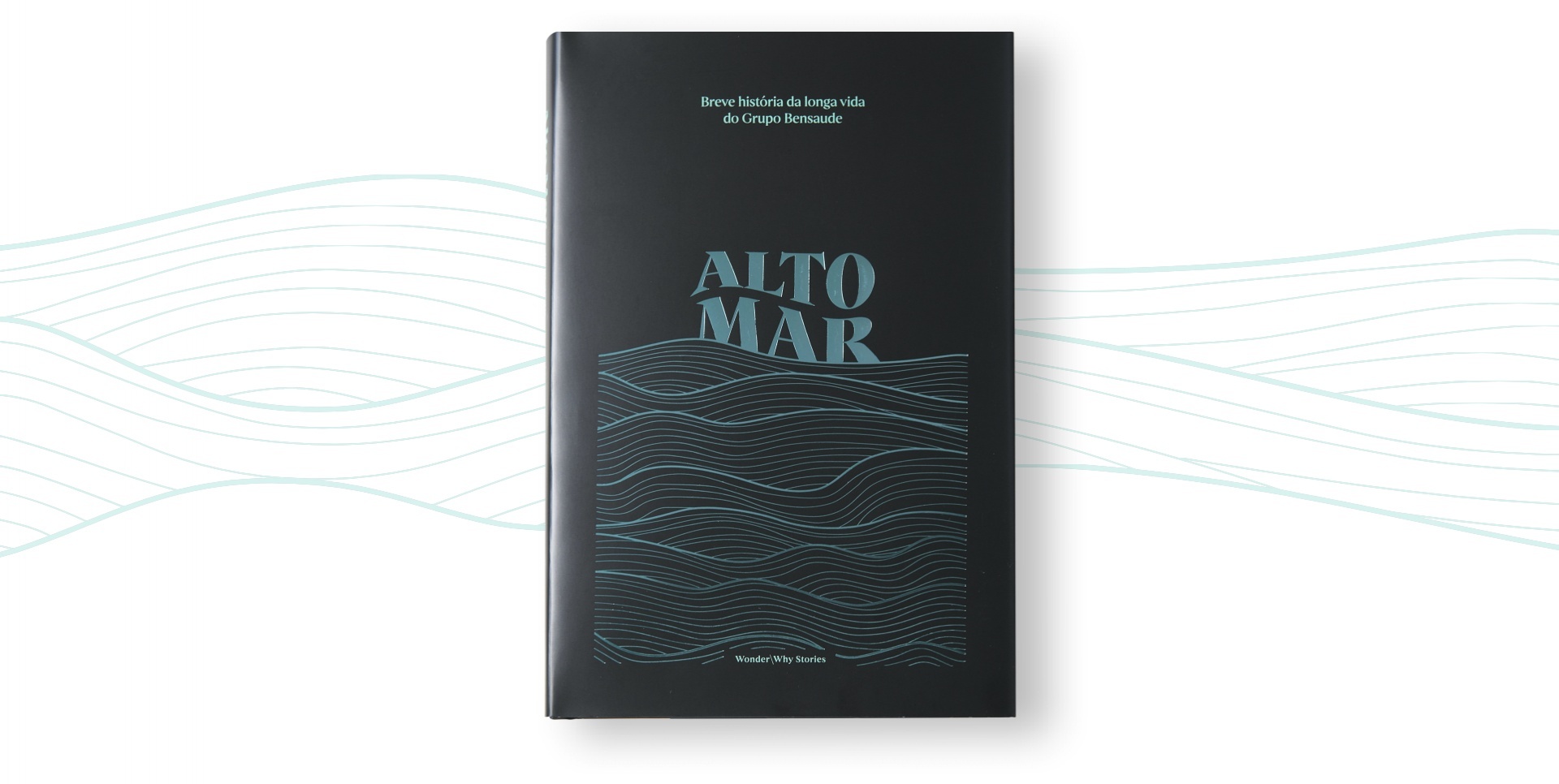
Follow the Bensaude Group's 7 epochs of transformation
This is the story of a group that managed something absolutely unusual in the Portuguese economy: to remain active and prosperous for two centuries, specializing in several radically different markets - energy, tourism, maritime and logistics, distribution, transportation, banking, insurance, tobacco, and alcohol, among others.
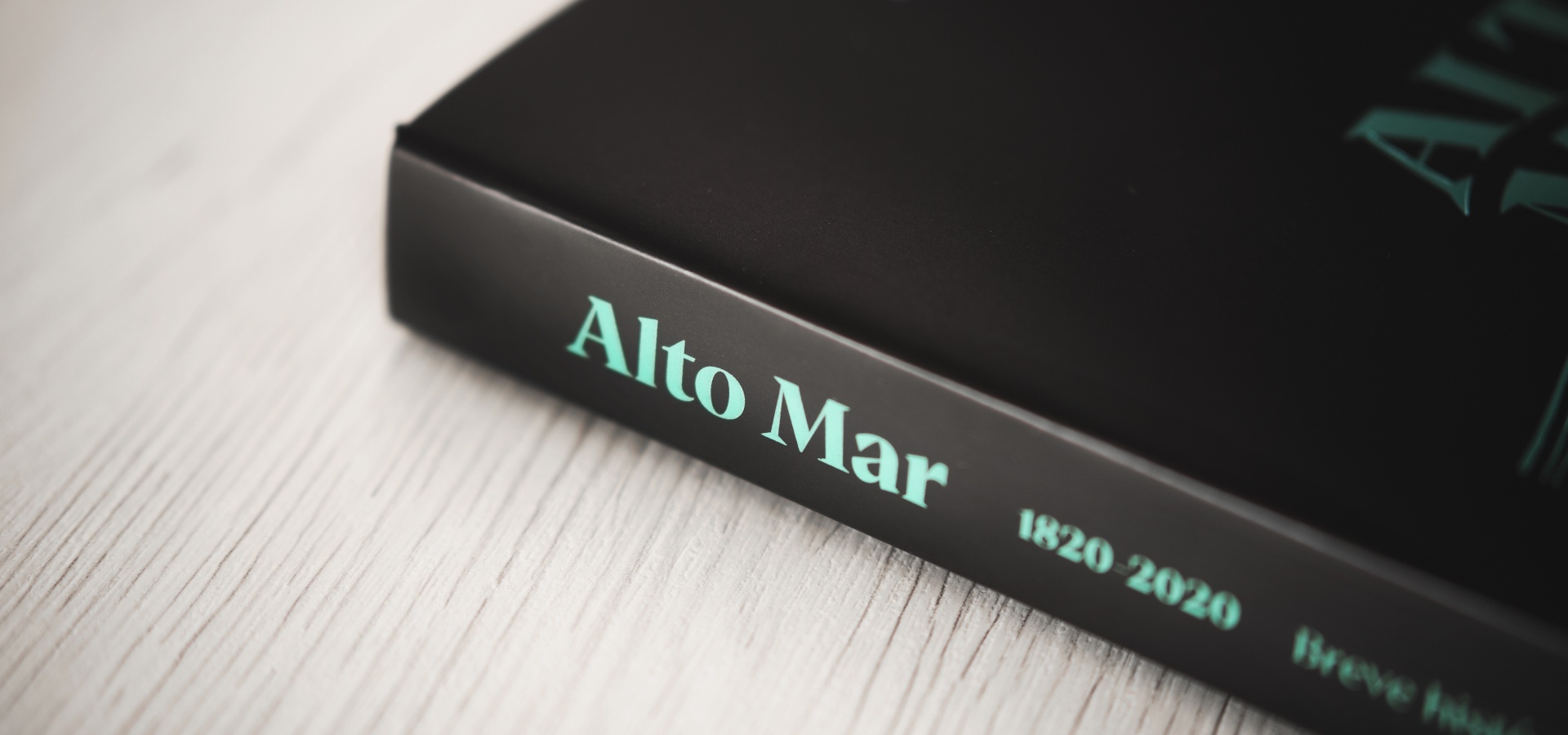
1
1820 - 1860
A new world
When the 19th century was still beginning, a young Jewish man named Abraham began to seriously consider fleeing Morocco.
This is a story somewhat common to all young Jews scattered around the world, since in 733 B.C. part of Israel's population was forced to leave the "promised land" and go into exile - the Diaspora - at the time by the imposition of the Assyrians, the first of a vast collection of foreign invaders.
What is missing?
It was in this commercial landscape that Abraham, Solomon and Elijah left their mark. They rolled up their sleeves, sowed their seeds, crossed the seas, trekked the islands, and reaped some laurels.
2
1861 - 1922
The great leap
The islands are becoming more valuable as navigation support platforms and their strategic importance in the North Atlantic is gaining weight.
For the Azorean economy to continue to evolve, it needed to gain scale.
3
1923 - 1939
The first heir
At the head of most of the Bensaude estate, accumulated over 100 years, stands a single man, Vasco Bensaude. He was Joaquim's son (Abraão's grandson) and Cecília (Elias' daughter). He will thus become the heir of one of the biggest Portuguese fortunes.
To stay at the head of a business project, laboriously built over a hundred years, is never an easy task: maintaining a giant economic conglomerate in a country marked by a political regime of growing authoritarianism, seeking to stabilize a national economy weakened by dozens of republican governments.
It was Vasco Bensaude who would mark the economy of the Azores and the country for almost half a century:
a Renaissance man, well-traveled, cultured, methodical, he had an enormous passion for the sea and... he even became the guarantor of the Portuguese State.
4
1940 - 1967
Atrong arm
Vasco Bensaude was an entrepreneur, but not a born businessman. He soon realized that his business group was too large and complex for him to make the big decisions alone, especially since he was very young at the time. He also realized that, in order to expand the Group's business and extend its arms, he needed a right-hand man. A prime minister endowed with an iron will, capable of dreaming and implementing.
5
1968 - 1999
Autumn in April
A painful passing of the torch.
To some generations much is given. To others much is asked. To Vasco Bensaude much was given. He inherited a flourishing consortium through his paternal and maternal grandparents, his father, and his uncles. To his son, Filipe Bensaude, much will be asked. Filipe takes control of a still large and intact Group but will see his economic power dramatically diminish in the 1970's due to the course of history, without him being able to do anything to avoid it.
To rebuild the Group (almost) from the ashes, after a program of nationalizations that expropriated several companies, in a context of recovery of the Portuguese economy and accession to the European Economic Community.
How? Moving the headquarters to the Azores. Sons called to work in the company. Family support. Recruitment of renowned executives. Maximum cost containment policy. Investment in core businesses (maritime transportation, logistics, energy). Investment in tourism. Investing in services.
The phrase that would mark Filipe Bensaude's career was defined by Alfredo Bensaude when he summarized his father's life in the book "Vida de José Bensaude”:
"sacrificing pleasure to duty is a practice of virtue that must be acquired as a habit since childhood".
6
2000 - 2008
The return of the sun
Luis Bensaude was the leader that all leaders aspire to be: inspired, determined, consensual.
Son of Filipe Bensaude. Accepted by the whole family. Entrepreneur. Visionary. Charismatic. Popular. Admired by co-workers. Unabashed to talk to any of them. Hard-working. Gifted with a very expressive look. Respected by other national businessmen, who saw in him one of their peers. At the right age - he was 40 when he became the leader of the Group.
He wanted to give the Group back the dimension of a large economic group in the Azores, lost with the nationalizations, and take advantage of the maturing of the Portuguese economy.
7
2009-2020
In the name of the future
Consolidation of the business, change in the shareholder structure, and promotion of a common corporate culture, after the departure of a charismatic leader, the acquisition of the largest competing group, and the fall of a financial partner, in a country gradually recovering from an economic crisis.
How?
